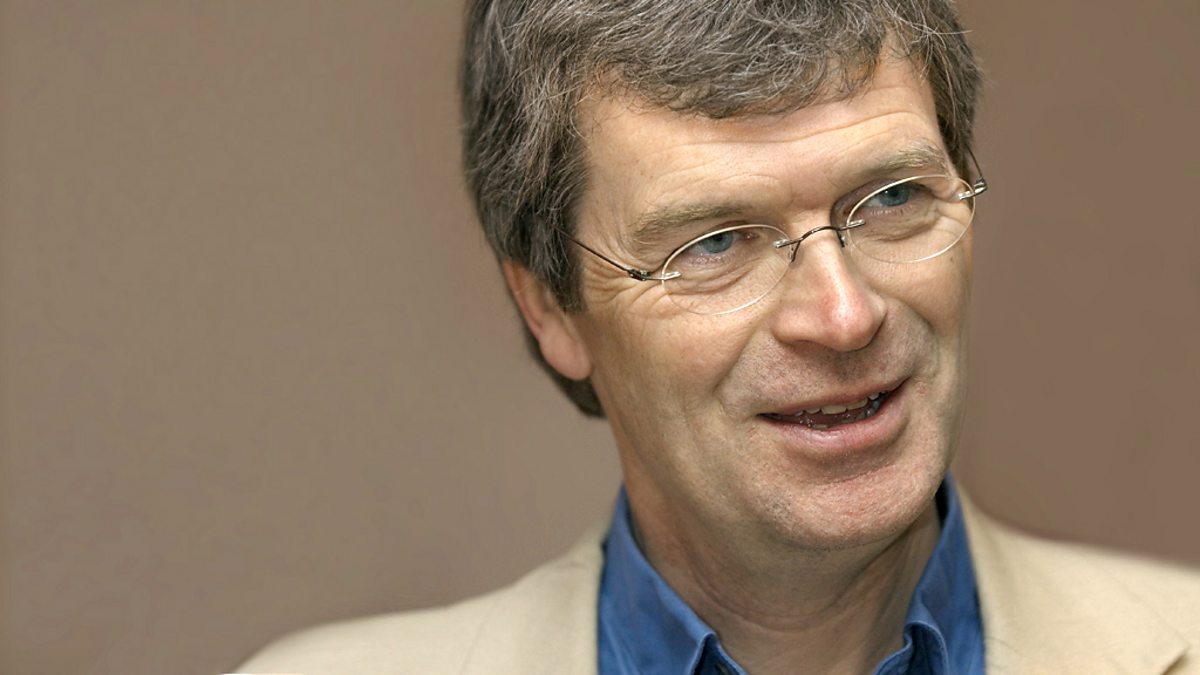"Fellow saxophonist Alan Barnes joins Alyn Shipton to choose the best examples of Stitt's work, including his recordings with Dizzy Gillespie, Bud Powell and Sonny Rollins as well as the many sessions he led himself."
Good to see Sonny get this slot but a bit of shame the track listing is the usual routine...
For me Sonny's best album was "Personal Appearance" (Verve c. 1958) with a somewhat "lumpy" section of Bobby Timmons, Edgar Willis (Ray Charles's future bass player) and Kenny Dennis. Some great stuff from three minute ballads to Sonny showing he was '50s Trane before Trane. Also the lovely "Time after Time" from the strings album is not featured and nothing from Sonny's stint with Miles.
BN.
NB. Sonny had one of the most affecting spoken voices in jazz...the clips are available to the BBC
Good to see Sonny get this slot but a bit of shame the track listing is the usual routine...
For me Sonny's best album was "Personal Appearance" (Verve c. 1958) with a somewhat "lumpy" section of Bobby Timmons, Edgar Willis (Ray Charles's future bass player) and Kenny Dennis. Some great stuff from three minute ballads to Sonny showing he was '50s Trane before Trane. Also the lovely "Time after Time" from the strings album is not featured and nothing from Sonny's stint with Miles.
BN.
NB. Sonny had one of the most affecting spoken voices in jazz...the clips are available to the BBC



Comment